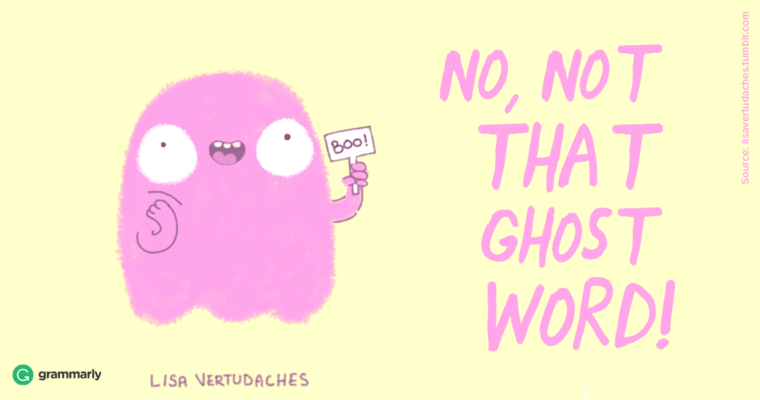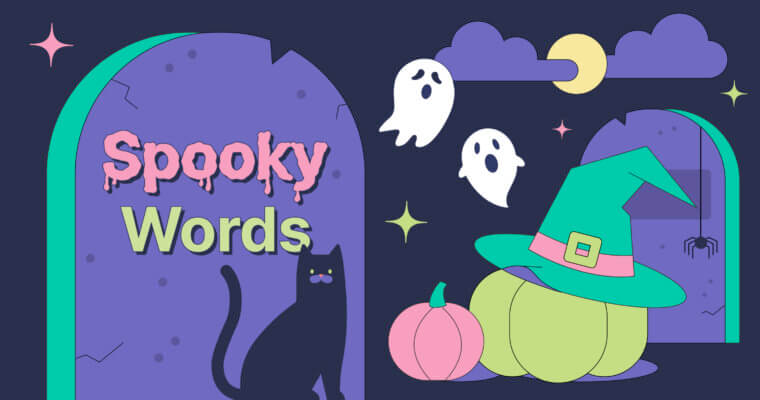
What is a dord?
Do you know what a dord is? No? Well, don’t try looking it up in the dictionary, unless the dictionary is Webster’s Second New International Dictionary of 1934. This strange little word appeared only in that one edition, and it spent a whole five years there, happily, before being discovered as a fake. You see, “dord” isn’t a real word, even though it appeared in a dictionary. It was the result of someone misreading a note written by Austin M. Paterson, Webster’s chemistry editor at the time. The note said “D or d, cont./density,” and it referred to the uppercase letter D (or lowercase d) being used as an abbreviation for density. “D or d” became “dord,” a word that meant “density,” and the best-known example of a ghost-word—a word that, in fact, isn’t a word at all.
A history of ghost words
The Oxford Dictionary defines ghost word as “a word recorded in a dictionary or other reference work which is not actually used.” Merriam-Webster says a ghost word is “a word form never in established usage.” The term was coined by Professor Walter William Skeat in 1886, well before dord came into existence. In a yearly address to the London Philological Society, Skeat took the opportunity to call out several erroneous words. These included abacot, the misspelling of “a bycoket” (a type of headwear); kimes, which came about as the misspelling of “knives”; and morse, which was a misspelling of “nurse.”
Ghost words existed even before Skeat pointed the phenomenon out. Phantomnation appeared in the 1864 Webster’s Dictionary. It was described as a rare word meaning “appearance of a phantom, illusion,” and it was attributed to the poet Alexander Pope. Pope did indeed have something to do with it, as his Odyssey contains the verse “all the phantom nations of the dead,” but it was a man named Richard Paul Jodrell who, in his practice of solidifying two-word phrases into one (he also coined the word “islandempress,” among many others), made “phantom nation” into a single word and published it in his 1820 book Philology of the English Language.
The 1755 Johnson’s Dictionary defined the word foupe as “to drive with a sudden impetuosity” and noted that the word was out of use. And it was out of use, because it never really existed—it was a product of misreading the word soupe, written with a long s. And soupe was a rare word indeed—it meant “swoop.” The same dictionary also had an entry for adventine, which was a misprint in a Francis Bacon work—the actual word was “adventive.”
Ghost words used intentionally
Sometimes, ghost words appear in dictionaries on purpose, even though in that case they are called by another name: nihilartikel. Esquivalence is such a word—it was a false entry in the New Oxford American Dictionary. The word was invented by Christine Lindberg, one of the NOAD editors, who defined it as “the willful avoidance of one’s official responsibilities.” The whole thing was part of the dictionary’s strategy for copyright protection. And nihilartikel is a nihilartikel itself—the word originated in a false entry in the German-language Wikipedia. Talk about wordception.






